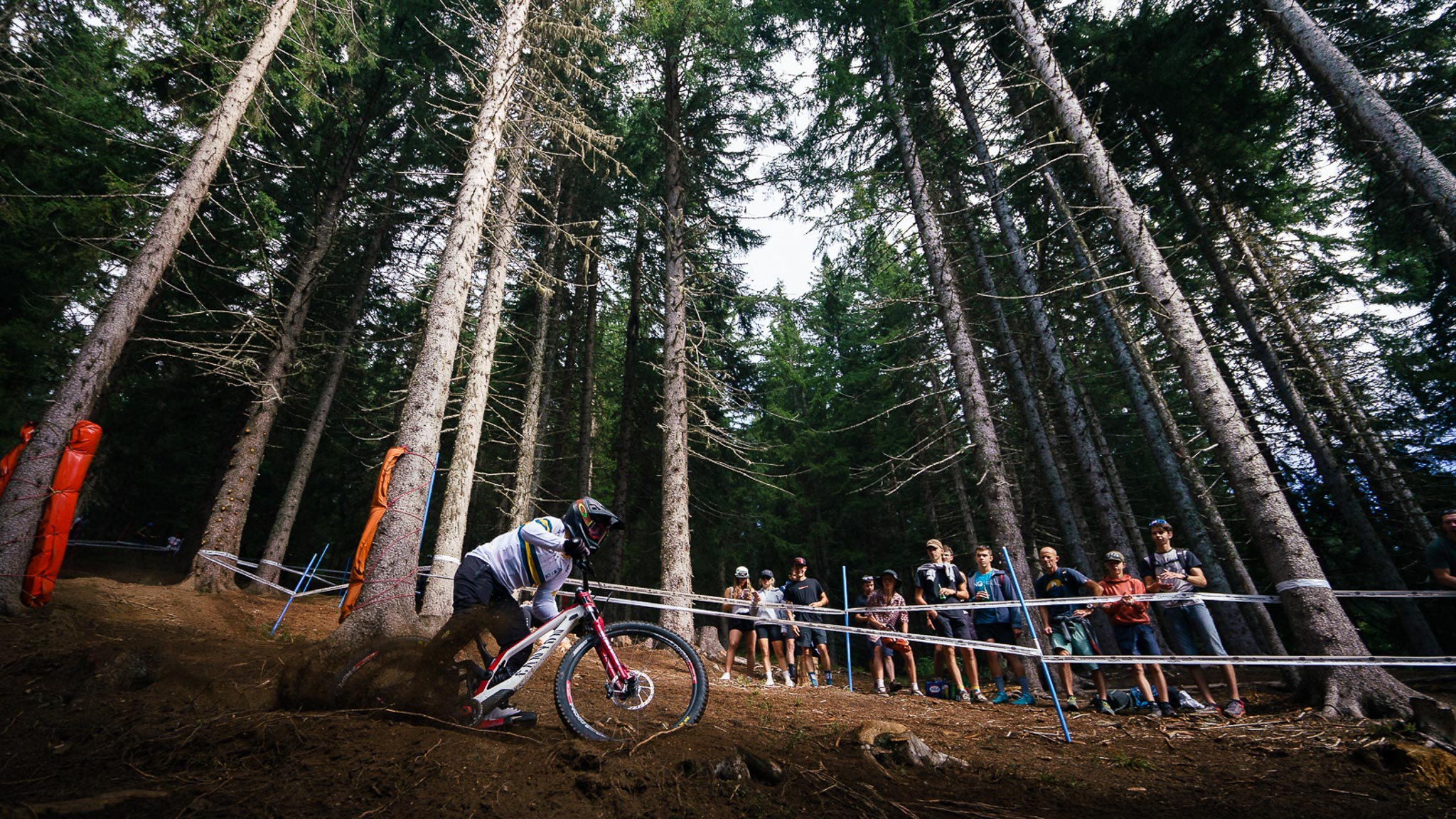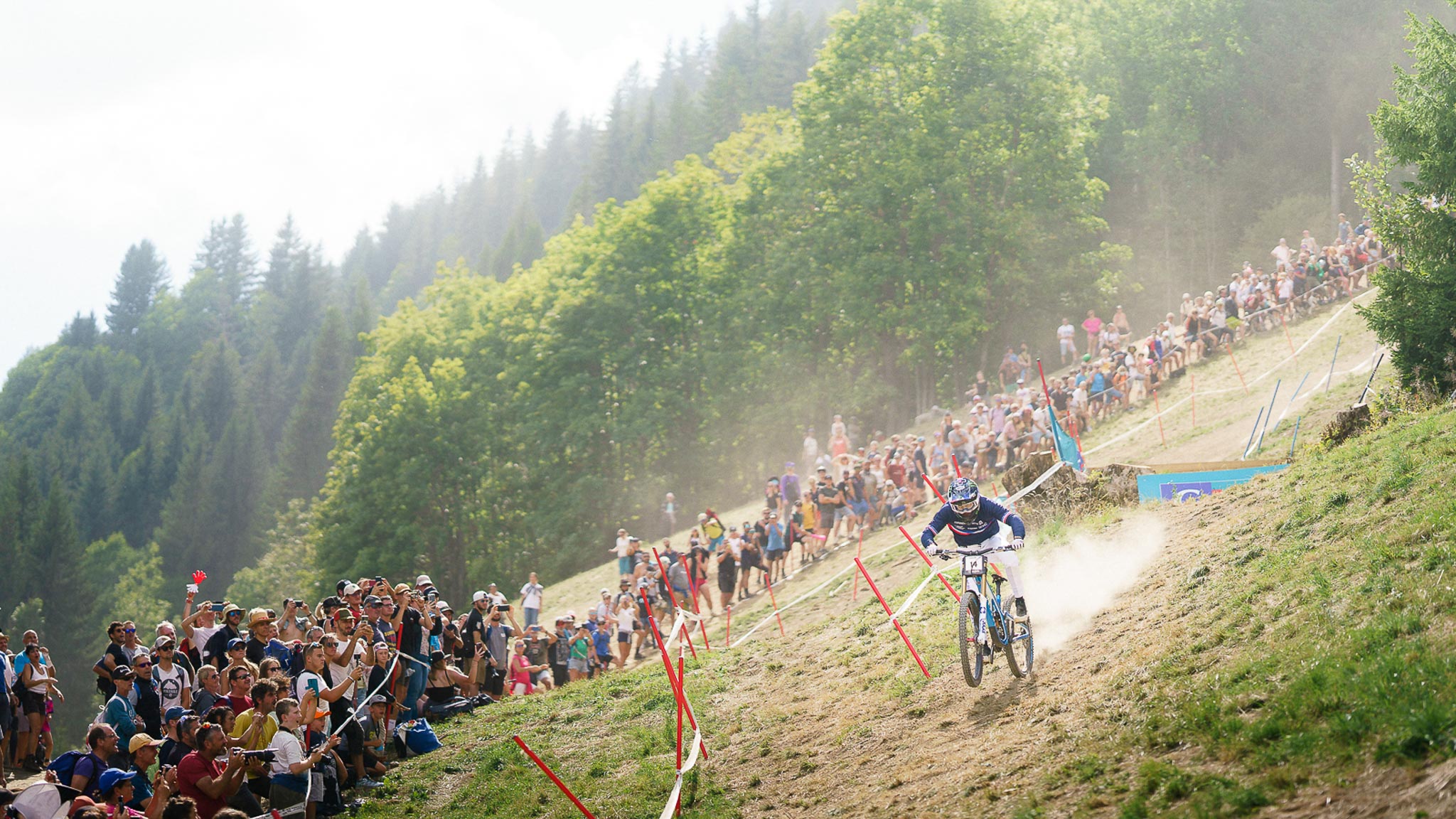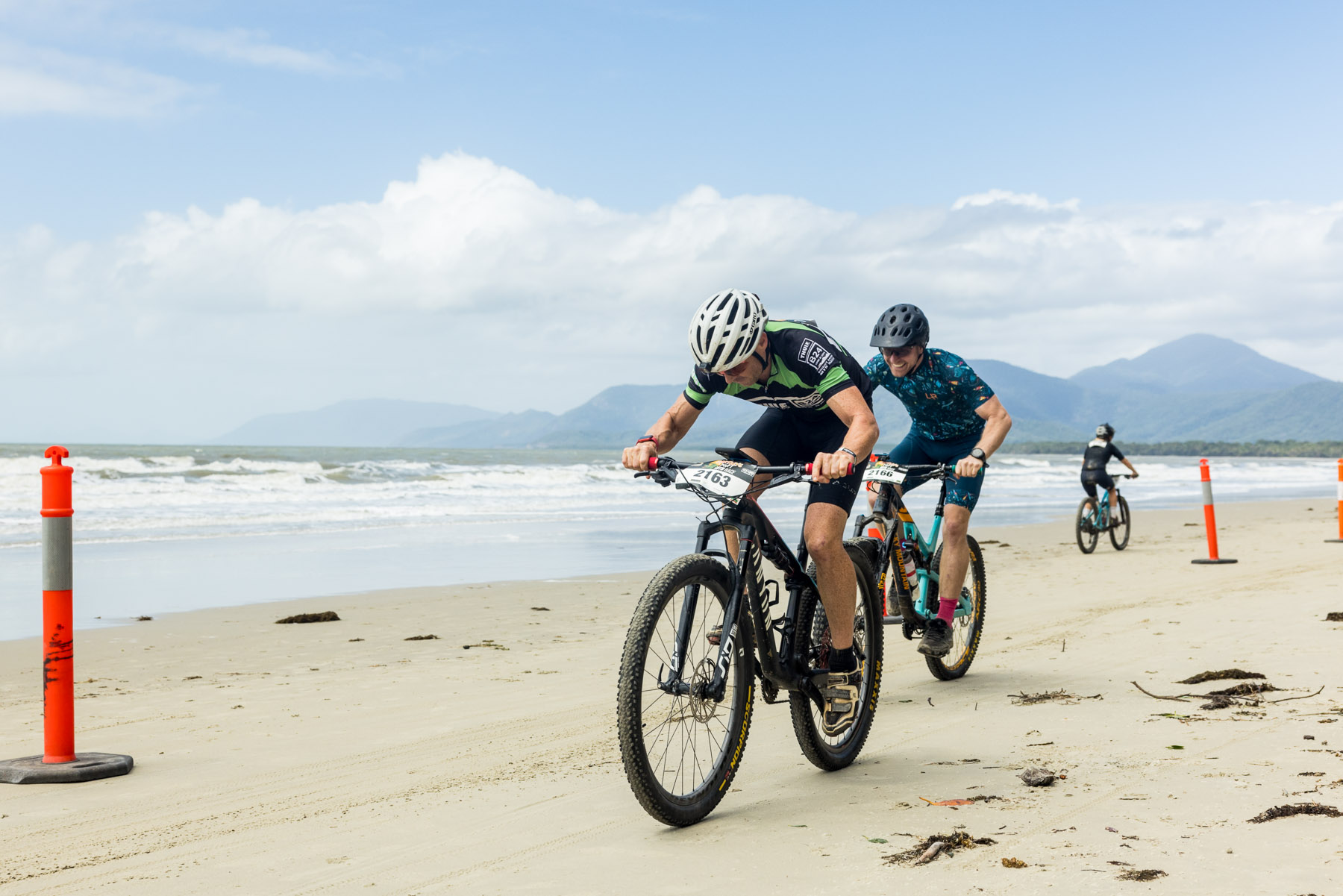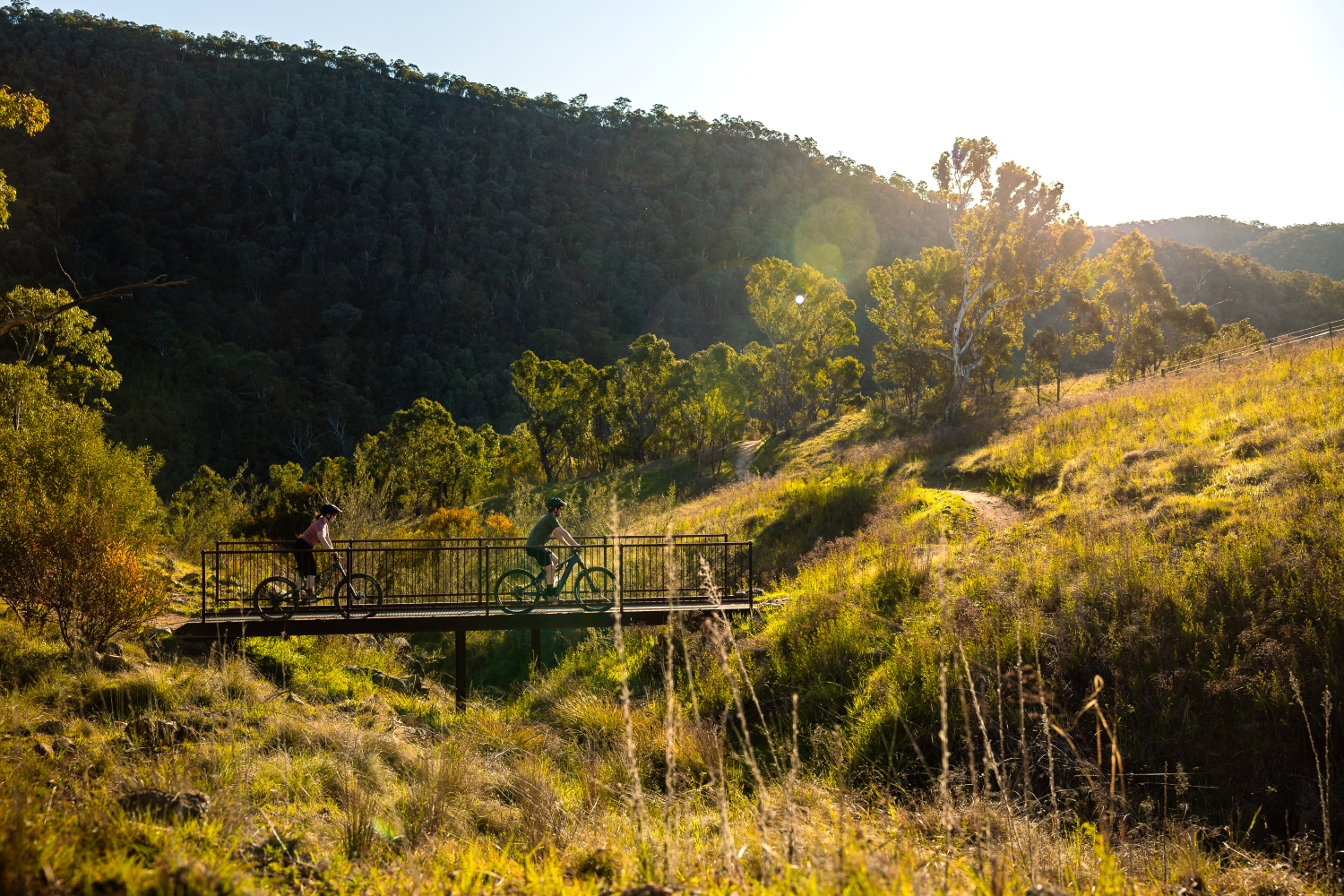FITNESS: 5 mindsets that can derail your fitness plans
While I talk extensively about training and performance in this column, it stands to reason that all of us have barriers to effective training.
Words: Anna Beck
Photos: Piper Albrecht
…otherwise just about anyone could be an elite athlete. While some of the barriers we can come up against are tangible things: living far away from trails or terrain that suits that we are training for, lack of racing opportunities, lack of time, lack of family or school support or inadequate equipment; the other side of this is the very real mental barriers and unhelpful mindset traps that derail athletes, diminishing their ability to reach their own goals. We check out a few common ones below, can you relate?
1. If I can’t hit my targets one day, my training is ruined
This is typical black and white thinking, and is rife throughout athletic populations. ‘If it’s not perfect, it’s useless’. Getting bogged down in the minutiae of training can be tempting, but it’s important to stand back and see the forest for the trees. There is no such thing as a single session that will elicit fitness gains, fitness and performance occur as a result of consistent, quality training with periods of rest.
With the advent of power-based training, everyone has an extra layer or dimension by which to analyse their sessions. What if my efforts were 5W lower this week than last week? Is my training in vain? AM I GETTING LESS FIT?
No. Calm down*. Once again, take a step back and a deep breath. The thing is, your body actually doesn’t really know the difference between that 5W. Yeah, in some people that may be a difference between two zones if you have narrow zones, but your body is operating on a spectrum: there are no walls between zones, we have targets because we are trying to elicit a specific outcome. If you can’t hit that number but it’s pretty close, congrats. You’re on target.
For really testing sessions that are very intense (threshold and above) there probably is some merit in having a range of power/heart rate to adhere to. If you fall out of that range you know you’re not recovered or tired and you can cut the session knowing that you’re not going to get the most out of it today. Sometimes cutting it early is the best way to approach things, rather than digging a fatigue hole.
Hot takes
- Use power or heart rate zone ranges rather than targeting one number
- Adopt a whole season mindset
- Check in with yourself: call it early instead of pushing through
2. Training to earn food, rather than focussing on fuelling the work
Training to earn food is an attitude that diet culture has perpetuated through the years. Memes about riding X amount of kilometres to earn a doughnut, while on the surface is quite fun, can expose some very unhealthy attitudes towards diet and nutrition when you peer below the veneer. Being ‘allowed’ to eat as a result of your energy expenditure is quite messed up if you think about it.
Hospital patients who are bedridden need to eat. Sedentary adults need to eat. And of course, those training definitely need to eat. A positive and maximalist mindset of ‘I’m nourishing my day and fuelling my workload’ will not only see you performing better, but also challenges some ingrained diet culture bollocks that we all need to reprogram.
Try and cultivate some neutrality. Cake is not bad, it is just a bunch of ingredients baked together and covered in delicious icing. Carrot’s aren’t the golden child. Food is inherently neutral: thinking of food as ‘bad’ and ‘good’ sets up all sorts of value judgements and holds some in high esteem, causing guilt if you eat it. Guess what? Athletes eat cake sometimes.
Hot takes
- Fuel the work required
- Focus on nourishment not punishment
- There are no good or bad foods
3. Training for kudos
Understanding our motivation to train can be a very enlightening way to approach our long term relationship with sport. Strava, Instagram and Tik-Tok have all become platforms by which we can shout our highlight reels to the world. The problem is, there will always be someone faster, stronger, or more attractive out there; and even if we are on a tear, we can’t win forever. While external validation is a part of many athlete’s cauldron of motivating factors, getting too tied up in projecting to the world can leave athletes feeling the pressure for more external rewards, and even scare them away from competing lest they fail to live up to their expectations. This can lead to burnout and lack of enjoyment of your sport.

In Brad Stulberg and Steve Magness’ book The Passion Paradox they write about how passions must be pursued deliberately and with attention in order to find success. They emphasise cultivating finding the drive to train and race from within, rather than from external sources; reframe failure as productive (see point one about a long-term approach), focussing on the process and remaining present.
Hot takes
- Try taking some time away from social media if you identify strongly with this
- Cultivating a self-first, athlete second persona is very important
- Failure sucks, but give yourself 24 hours to mope, then move on
4. If I’m not totally destroyed at the end of every session, it’s been a waste of time
This harks back to training intentionally, and getting in touch with what your want from your training. If every day on the bike ends with you looking like you need some medical help you’re so physically broken, it’s likely you’re going too hard. Well planned training will consist of a large volume of easy work and a small volume of hard work. At times there may even be moderate work, but once again it will be intentional.
Many riders like to ride with reckless abandon in tempo ‘grey zone’: I get it, it feels like you’re going somewhere pretty briskly, but you can do it for a long chunk of time. While this may have merit at some times throughout the season, if you’re doing this every ride it’s likely that your fitness gains are stagnating, and you’re overly tired.
It can be hard for mountain bike athletes to cultivate a reliable perception of what ‘easy riding’ truly easy is given the on/off nature of mountain bike trails. Athlete education in this space for amateur mountain bike athletes has been lacking in this domain, but as knowledge grows and is shared more people are realising the benefits of long, easy bike path rides, actively avoiding power spikes, and the benefits they have in building desirable physiology, as well as allowing athletes to execute their intense sessions with gusto and energy.
Hot takes
- Challenge yourself and your riding crew to deliberately turn the volume down on intensity
- Remind yourself that riding easy is a mainstay of sustainable training
- Change the focus to mainly easy sessions, with a couple of hard hit outs each week.
5. I just can’t do X
You’ve heard it a thousand times, sometimes even on the start line “Oh this course isn’t for me I’m a climber” or “I’ll never be able to do that drop!”, and it’s self-limiting, reductive and closed minded. Yeah, there is knowing you’re not Loana Lecomte up the climbs, but by putting yourself into a category you’re limiting your ability. This is called a fixed mindset, where we believe our abilities and attributes aren’t mutable and we are what we are.

While we have a genetic ceiling I have never met someone who has truly topped it. By saying we can’t do something, we close a chapter on something that could lead to massive progress. By changing our perception of ourselves and ability to learn and progress, we free ourselves from these shackles, something Angela Duckworth speaks about at length in her book Grit: Why passion and resilience are the secrets to Success.
Hot Takes
- Incorporate challenges into your training, remembering that failure is part of growth
- If you reflexively want to say you can’t do something, change the narrative to “I can’t do X….YET”
- Work on approaching challenging situations with curiosity: what can I do?







